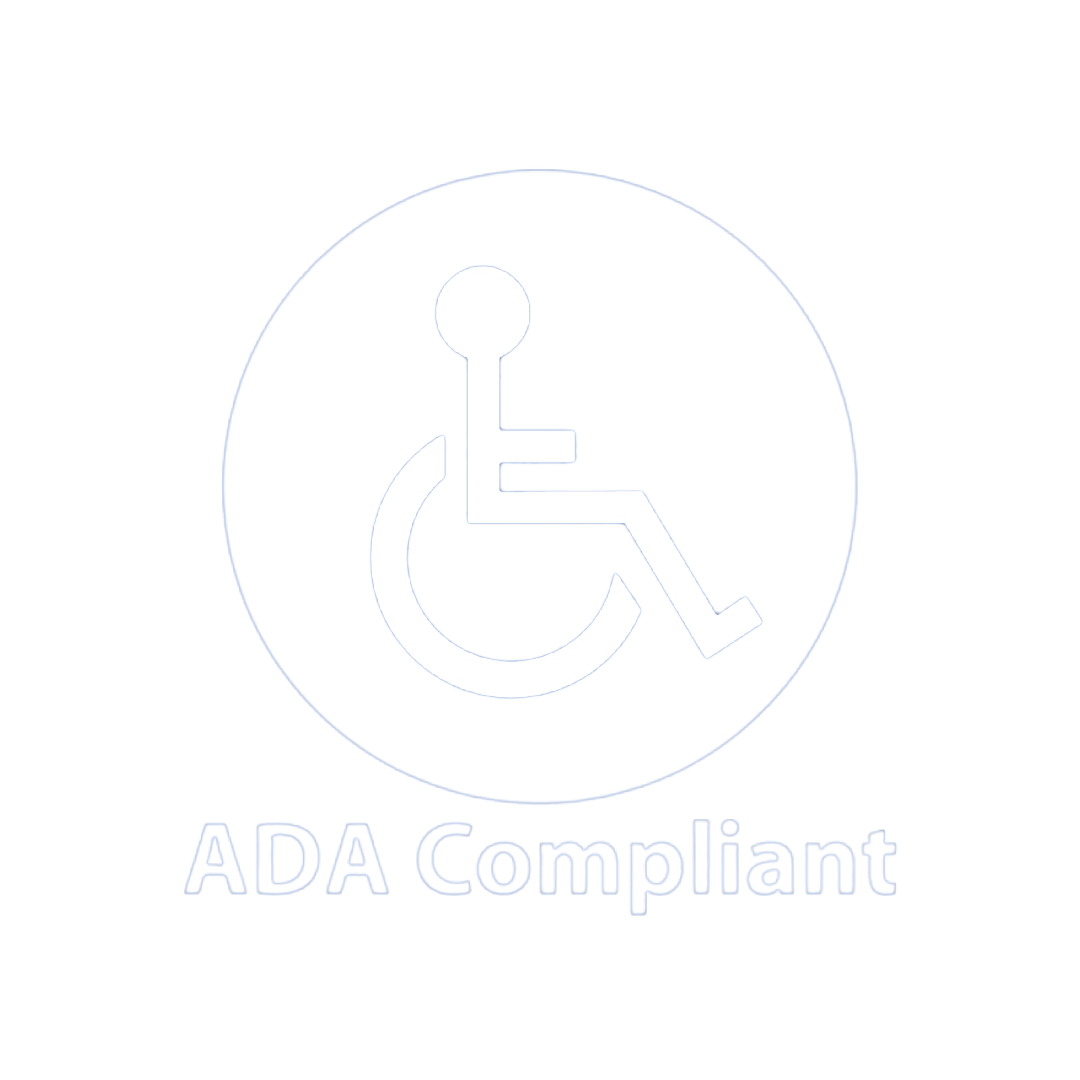Build an E-Commerce Site or Utilize Facebook Marketplace
Various factors come into play when deciding between building an e-commerce site and utilizing Facebook Marketplace. These factors include your business model, target audience, budget, time constraints, marketing strategy, and tech savviness. Let’s break down the pros and cons of each option.
E-Commerce Site:
An e-commerce website is software that allows businesses to manage their own website, marketing, and, of course, sales. Business owners are in control. Some notable examples are customizable platforms through Shopify or giant marketplaces like eBay.
Pros:
- Brand Control: You have complete control over your brand identity, website design, and user experience.
- Customization: You can tailor the website to meet your specific needs, including product categorization, payment methods, and checkout process.
- Scalability: An e-commerce site can easily scale as your business grows, allowing you to add more products and features over time.
- Marketing Flexibility: You can implement various marketing strategies such as SEO, content marketing, email campaigns, and social media advertising.
- Data Ownership: You own and control customer data, which can be valuable for targeted marketing and analytics.
Cons:
- Initial Investment: Building and maintaining an e-commerce website can be costly, especially if you hire developers or purchase premium themes and plugins.
- Time-Consuming: It takes time to set up and launch an e-commerce site, including product listings, payment gateways, and testing.
- Technical Expertise: If you use platforms like Shopify or WooCommerce, you may need technical expertise to manage and update the website.
- Traffic Generation: Unlike marketplaces, you’ll need to invest in driving traffic to your site through advertising, SEO, and other marketing efforts.
Utilizing Facebook Marketplace:
According to Statista, Facebook Marketplace has over 1 billion monthly active users, and an average of 250 million people use it to make sales. Although those numbers are advantageous, there are still some disadvantages to consider.
Pros:
- Immediate Access to Audience: Facebook Marketplace already has a large user base, providing immediate access to potential customers without the need to drive traffic.
- Ease of Use: Listing products on Facebook Marketplace is relatively easy and quick, requiring minimal technical skills.
- Social Integration: You can leverage social interactions such as likes, comments, and shares to increase product visibility.
- No Initial Investment: Listing products on Facebook Marketplace is free, making it a low-cost option for small businesses or individuals.
- Local Selling: Facebook Marketplace facilitates local selling, which can be advantageous for certain types of products, such as furniture or used goods.
Cons:
- Limited Branding: You have limited control over branding and customization compared to your e-commerce site.
- Competition: Since Facebook Marketplace is open to many sellers, competition can be high, making it harder to stand out.
- Lack of Data Ownership: Facebook owns the data generated from Marketplace transactions, limiting your ability to gather customer insights.
- Marketplace Policies: You must comply with Facebook’s marketplace policies, which can restrict certain types of products or selling practices.
- No Direct Payments: Transactions often require communication outside of Facebook for payment and delivery arrangements, which can be less secure.
The ideal choice to build an e-commerce site or utilize Facebook Marketplace for your business depends on your unique business objectives, available resources, and intended audience. For some businesses, a combination of both strategies may be effective. You could use Facebook Marketplace for quick outreach and build your own e-commerce website for sustainable growth and control over your brand. Whether you run a large or a small business, we can assist you through the entire process. Contact YCS Marketing to get started.



